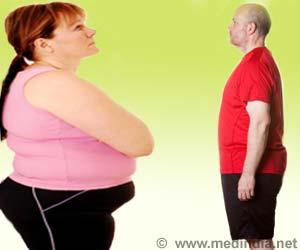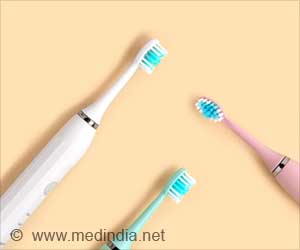Mild exercise coupled with psychological intervention helps cancer patients deal with treatment or disease related fatigue.
Highlights
- The drugs used for treating cancer-related fatigue were not effective besides having significant side-effects.
- Exercise and psychological interventions are effective in reducing cancer-related fatigue during and after cancer treatment.
- They are found to be significantly better than the available pharmaceutical options.
"It’s a really simple concept but it’s very hard for patients and the medical community to wrap their heads around it because these interventions have not been front-and-center in the past," she added. "Our research gives clinicians a valuable asset to alleviate cancer-related fatigue."
Cancer-related fatigue is the most common and troublesome adverse effect experienced by patients during and after cancer treatment. This type of fatigue is different from being chronically tired, Mustian said.
It is a crushing sensation that is not relieved by rest or sleep, and can persist for months or years.
Researchers believe that a chronic state of inflammation induced by the disease or its treatment may be the reason behind this fatigue.
After analyzing the outcomes of 113 unique studies involving more than 11,000 patients that tested various treatments for cancer-related fatigue, researchers reached their conclusion about exercise and psychological interventions.
Results showed that fatigue was improved by:
- both aerobic or anaerobic exercise reduced cancer-related fatigue most significantly
- Psychological interventions, such as therapy designed to provide education, change personal behavior, and adapt the way a person thinks about his or her circumstances also improved fatigue
The study also proved that showed that drugs tested for treating cancer-related fatigue were not as effective.
"The literature bears out that these drugs don’t work very well although they are continually prescribed," Mustian said. "Cancer patients already take a lot of medications and they all come with risks and side effects. So any time you can subtract a pharmaceutical from the picture it usually benefits patients."
The research team also investigates the biological pathways that exercise impacts in cancer patients.
The study is published in JAMA Oncology.
Reference
- Karen Mustian et al. Comparison of Pharmaceutical, Psychological, and Exercise Treatments for Cancer-Related Fatigue. JAMA Oncology; (2017) doi:10.1001/jamaoncol.2016.6914
Source-Medindia
















